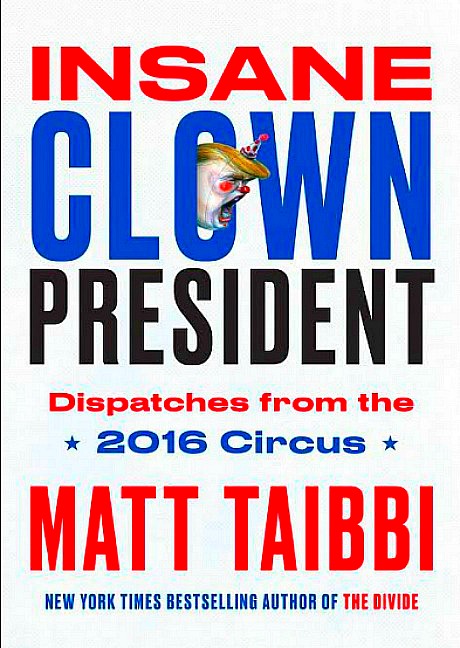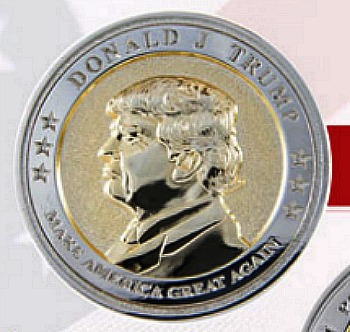“If you, Mr. Trump, fail to take the Russian threat seriously, if you do not disentangle yourself from your business interests, if you promote corrupt or conflicted advisers and cabinet members, if you fail to understand the gravity of the foreign policy crisis you face, if you deprive millions of health care without an alternative, if you fail to act on the global threat of climate change, if you pit Americans against each other by race, gender, and religion, if you undermine science and reason…there will be an asterisk next to your name” — From a 1.15 post by Dan Rather on Facebook.


From Texas Monthly interview between Rather and Pamela Colloff: Q: In October the Daily Beast ran an article called “How Dan Rather Became the Only Good Newsman on Facebook,” which talked about your mastery of the medium. Why did you decide to use Facebook as your megaphone? How is it different from TV?
Rather: I have to acknowledge that I was slow to come to both Twitter and Facebook. I run a small news operation called News and Guts, which some people see as a joke, because it’s so small. It’s a company I formed when I left CBS News, and it has had ups and downs and roundabouts. But several people I work with told me that in order to be relevant, I had to be on social media. I was a man from another age, and it just didn’t appeal to me. But very quickly, I saw that they were right. If I wanted to be part of the conversation, it was imperative.
Q: Unlike most people on Facebook, you’re not afraid to go long. You write these perfectly crafted mini-essays, and people really respond to them.
Rather: I just decided to write from my heart at whatever length I needed to, and if it failed, it failed. To my surprise, there was an audience for it. I’m still trying to get my head around it. Some posts that are widely shared reach three, maybe four, million people. Not every post does that, but we have built an audience. We now have more than one million followers. The exposure is not quite what the CBS Evening News was in its heyday, but that’s a lot of people. I never expected at this stage of life—I’m 85, going on 86—to have an audience that size. What I like about Facebook is that it’s a conversation. People react to what I’ve posted, and I react to them. Frankly, it’s one of the best things that’s happened to me in my whole career. That may be damning with faint praise. But I consider myself to be one of the luckiest humans walking the face of the earth. I started in print, wandered into radio, worked in television, and now I’m on the internet.
Q: Late in the evening on election night, you got on Facebook Live and began to talk extemporaneously about the returns. For someone like me, who grew up watching you on TV, it was fascinating; it was like you were updating the traditional idea of the anchorman. What kind of role would you say you’re trying to play on Facebook?
Rather: To be perfectly honest with you, I’m not sure what role I’m playing. What I’m always trying to do is to be an honest broker of information. I’m trying to bring context and perspective to what’s happening, simply because I’ve lived a long time. I’ve been a few places and seen a few things — combat, natural disasters, elections, what have you. But that doesn’t mean I know everything. I never thought I’d see in my lifetime a candidate as divisive as Donald Trump sworn in as president.

